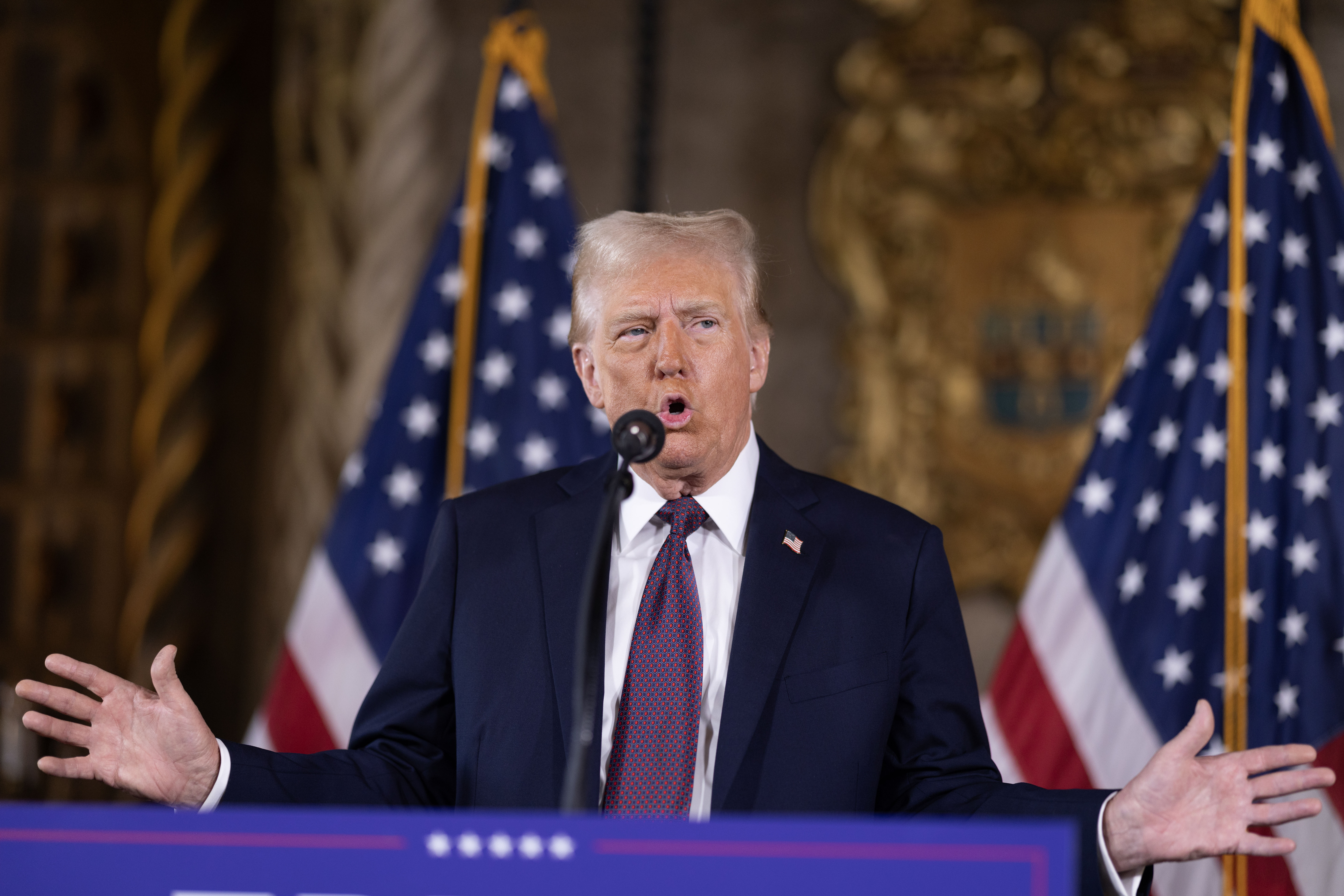- January 18, 2025
Will Trump support a military intervention in Venezuela? A former aide is skeptical

Andres Oppenheimer
Former Colombian President Alvaro Uribe and other political figures are calling for a military intervention in Venezuela following the Jan. 10 fraudulent inauguration of dictator Nicolás Maduro for a third term. But the big question is whether incoming U.S. President Donald Trump will support a military action to oust Maduro.
Curious to find out what Trump may do, I called former U.S. special envoy to Venezuela and Iran during the first Trump administration, veteran U.S. diplomat Elliott Abrams.
Abrams, who had also served in previous Republican administrations and is now a fellow at the Council on Foreign Relations in Washington, told me he doubts that Trump will order the use of force in Venezuela. But he quickly added that this could change if Maduro does something that would infuriate the incoming U.S. president.
“I don’t think so,” Abrams told me when asked about whether Trump is likely to endorse a military action against Maduro. “Unless there are new actions by Maduro such as teaming up with Cuba or with Iran on something that could mean a threat to U.S. national security, or something like that, I don’t think so.”
Trump has frequently boasted that the United States did not start any wars during his first term. An armed U.S. intervention in Venezuela would contradict his own narrative, Abrams said.
In addition, there are two opposing views within Trump’s orbit about Venezuela, which in addition to being a brutal dictatorship has become one of the largest sources of illegal migration to the United States.
On the one side are hard-liners on Venezuela, including Trump’s secretary of state designate, Marco Rubio, a Cuban-American senator from Florida; Trump’s pick for national security advisor, Mike Waltz, a Florida congressman who recently co-sponsored the bipartisan Bolivar Act tightening U.S. sanctions on Venezuela, and Trump’s designated special envoy to the Americas, Mauricio Claver Carone.
On the other side, there are Trump supporters like Republican Sen. Bernie Moreno, oil lobbyists close to Trump, and extreme right-wing influencers like Tucker Carlson who may oppose U.S. military involvement in Venezuela.
Most of them argue that the first U.S. priority should be to stop illegal immigration. They say that Trump should strike a deal with Maduro whereby Venezuela would stop migrants in exchange for a relaxation of U.S. oil sanctions.
Abrams told me that he’s not sure which of the two sides will prevail. His gut feeling is that, at least for now, Rubio, Waltz and other hard liners will be able to convince Trump against making a deal with Venezuela that would not involve Maduro’s exit. “But that’s not 100% sure,” Abrams was quick to add.
Asked what he believes will be Trump’s policy toward Venezuela, Abrams said it will likely consist of increasing U.S. economic sanctions, and perhaps stepping up diplomatic pressures on Latin American and European countries to do the same.
Many other Washington insiders I talked with in recent days agree that it’s still unclear whether Trump will side with the hard-liners or with those who want a deal with Maduro.
Among the biggest questions is to what extent will Trump support Edmundo Gonzalez Urrutia, who was recently recognized by the outgoing Biden administration as Venezuela’s “president elect.” Gonzalez Urrutia won Venezuela’s July 28 election by a landslide, according to voting tallies considered as authentic by most Western democracies.
Trump caused concern within Venezuela’s opposition when he failed to meet with Gonzalez Urrutia during the Venezuelan political leader’s recent visit to the United States. Several days after Gonzalez Urrutia’s departure, Trump sent a message of support to Venezuela’s opposition in his social media in which he also recognized Gonzalez Urrutia as “president elect.”
But as I’m writing these lines, Gonzalez Urrutia has not yet been invited to Trump’s Jan. 20 inauguration. Unless that happens, and unless Trump specifically addresses the Venezuelan drama in his inaugural address, it would be a discouraging sign that stepping up international economic and diplomatic pressure on Venezuela will not be one of the new U.S. president’s foreign policy priorities. It should be.

